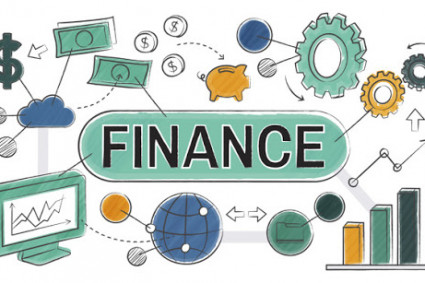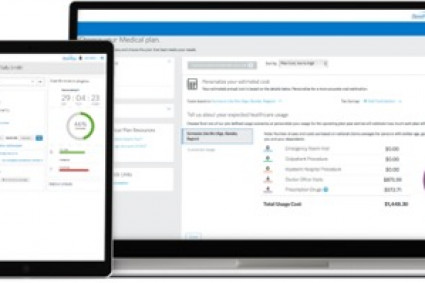The entire world is building back their respective industries to the pre-pandemic era. After the hard hit by the health crisis, vaccination programs have finally given the world a little confidence to bounce back. In the meantime, industries, such as travel and leisure have witnessed their businesses evaporate while some saw diminished revenues with increased pressure of maintaining safe internal operations due to a sudden need to work remotely. Although work from home is an altogether different experience, the need for consistency, productivity, and speed remains.
The finance and insurance industry also witnessed a tornado of lost revenues and increased work pressure amidst working remotely. However, in response to these issues, the industry accelerated its automation and digital transformation, which led to immediate benefits for both the service providers and clients alike. Tech tools like AI and blockchain proved to be cost-efficient as well as minimized the need for analog actions, reducing risks of manual frauds and mistakes. In addition, it allowed a more structured/organized digital processing of files and documents.
After the shift to digital platforms in an urgency, businesses now need to fully embrace digitalization with renewed digital strategies that enable ‘frictionless working’. Many business leaders intend to maintain and leverage the new tech-enabled work efficiencies to cater to employee satisfaction while minimizing location-based risks.
With all these transformations and developments, global finance conferences, such as Money 2.0 Conference, can help key stakeholders to push innovation to discover the optimal use of technology in financial services that yields the highest efficiency. As a result, with new levels of awareness and application, companies and thought leaders could finally allow digitalization technology to fulfill its potential and transform the way this industry works.
Here is what can be expected in the upcoming years:
• Hybrid Model: Institutions have come up with a new standard way of working - a healthy mix of working in the office when needed and working from home on the rest of the days. This model has strongly improved employee’s work-life balance and has had a substantial impact on carbon emission through traffic, which means better for the environment.
• Work-Efficient: Companies have offered their employees a humongous amount of benefits while working from home and as a result, has improved their work efficiency. On the other hand, automating menial tasks has allowed employees to focus on other higher-quality tasks that can only be performed manually.
Various companies and experts have taken the pandemic as a blessing in disguise. One noticeable benefit that nobody could overlook is that businesses and individuals are more than ready to embrace technology as an important component of everyday operations. This transformation gives industries the freedom to innovate that could further help experts and key stakeholders in thinking ahead and work on experimental and breakthrough projects. Otherwise, it becomes quite difficult to normally work on such advancements due to resource limitations. The world can’t wait to see what innovations lie ahead of us from this mental freedom.




